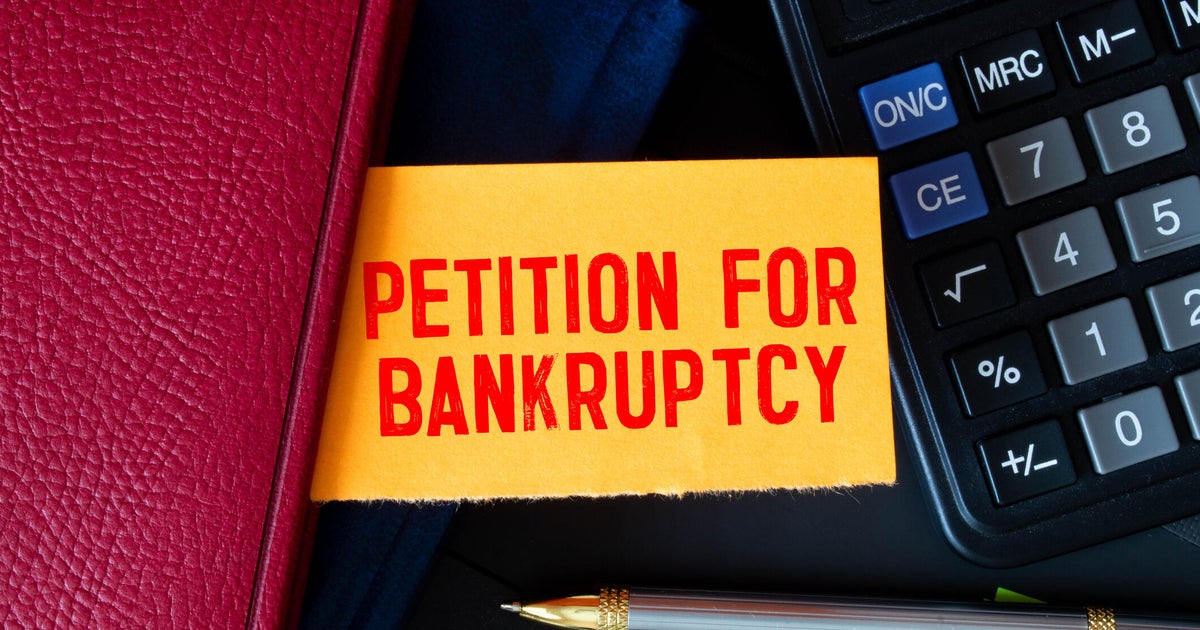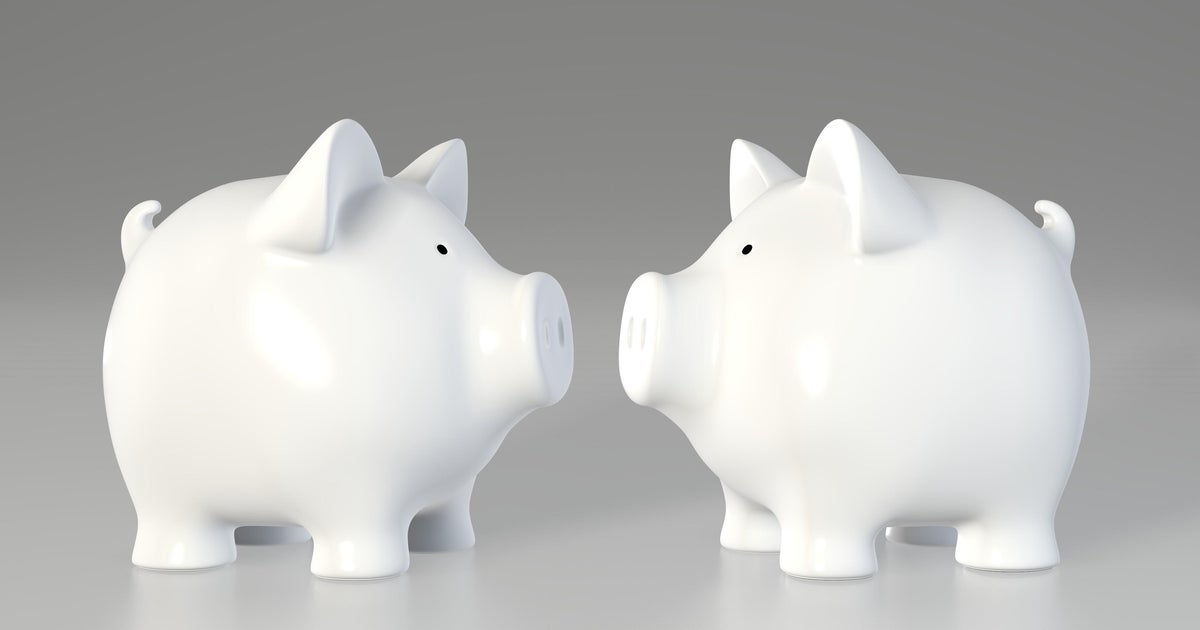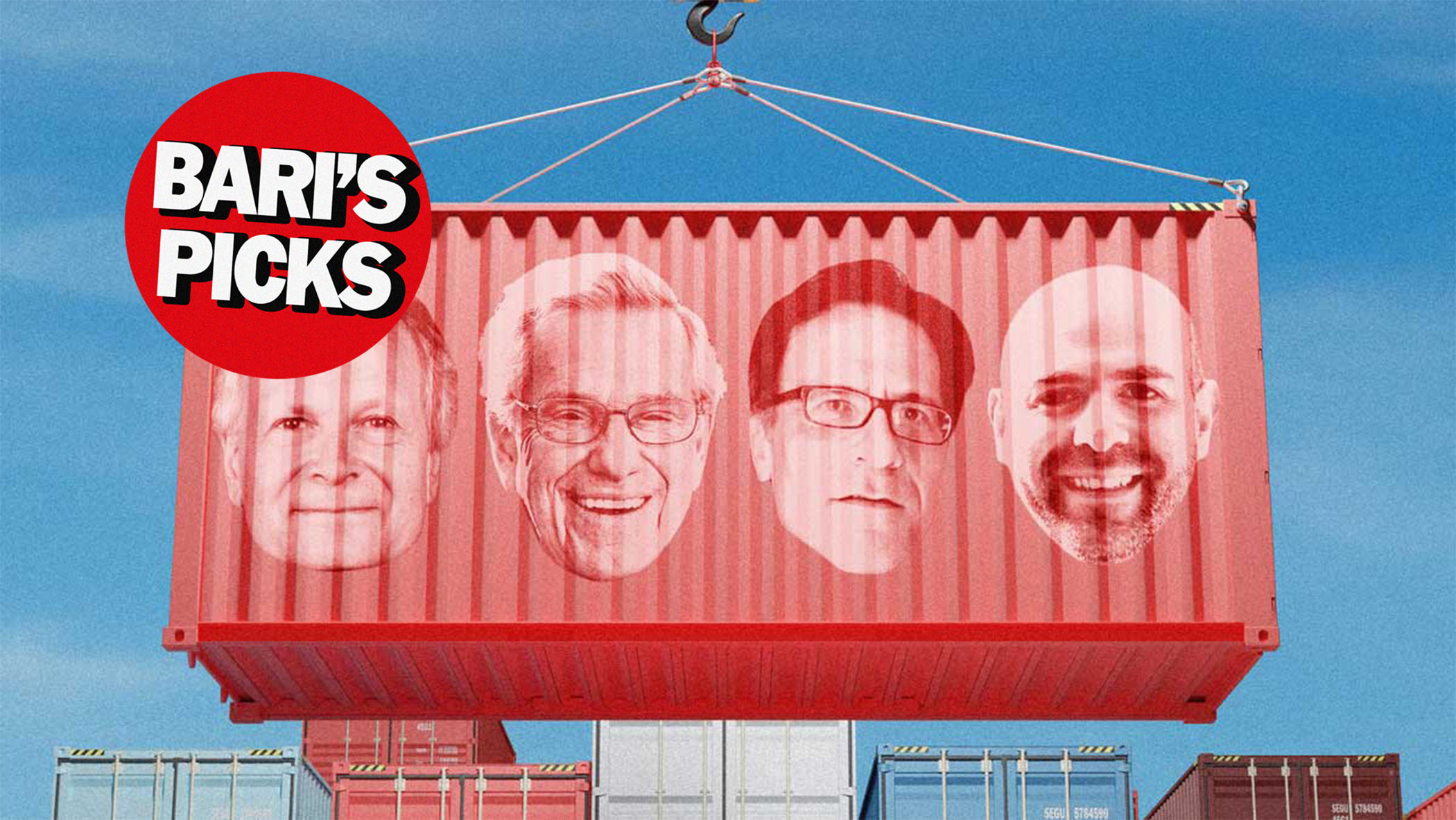How to avoid getting buried in holiday debt, and what to do if you already are
Although the coronavirus pandemic is only adding to the usual holiday season stress for many Americans, digging yourself deeper into a financial hole just to put presents under the tree is no way to cope with the pressure-packed season, financial experts say.
The temptation to pull out the plastic to make purchases can be seen in the findings of a recent Creditcard.com survey, which found that 57% of consumers who already have credit card debt are willing to pile on even more to fund their holiday purchases. That's particularly true for younger consumers: 53% of millennials with credit cards who responded to the survey said they'd go into debt for the holidays, versus 33% of baby boomers.
"There are more than 50 million people that are in credit card debt from last holiday season, so think about how much interest people are paying to the credit card companies over the past year and they're still not out of it, and they're willing to actually take on more of it," Dan Geltrude, a certified public accountant and founder of Geltrude & Co., told CBSN. "Now that just simply is not a good financial formula."
"Credit cards are the real danger"
Geltrude's advice? Make a budget and stick to it. For starters, only make purchases with cash or debit cards and leave your credit cards at home.
"That way you force yourself to only spend what you have and not go overboard for the holiday season," he said. "People have to understand they have to spend wisely and they shouldn't be spending money that they don't have — credit cards are the real danger."
As for paring existing credit card debt, consumers should organize their debt and focus on paying off cards with the highest interest rates, as that is what is costing card holders the most money.
"Of course you're going to have to make minimum payments across the board unless you want to have significant negative impact on your credit scores," Geltrude said. "Make the minimum payments. But to the extent you have some additional dollars to chip away at that debt, you want to to take out the highest interest rates first."
Know your rights
When it comes to debt collectors, Geltrude advises consumers not to get overly frazzled and to know what lines can and can't be crossed.
"There's no emotional attachment that these debt collectors have," he explained. "Yes, they understand there's a pandemic, they know people are stressed, they know what's happening in the world. But that's of no mind because they get paid based upon who they can collect from, so they are highly incentivized to go out and collect as much money as they possibly can."
But being highly motivated doesn't mean collectors are allowed to harass or threaten debtors with arrest or jail time. "There are boundaries around what they can do," said Geltrude.
Under federal law, collectors may only call between 8 a.m. and 9 p.m., and they are not allowed to call you at work. Additionally, they're also required to provide you with a callback number. Consumers who want to make sure they understand who they're talking to should feel empowered to say, let me get back to you, where can I reach you, Geltrude added.
As for those looking to avoid the post-holiday blues over their bank balances, roughly a third of Americans told Creditcard.com that they planned to spend less this year.





